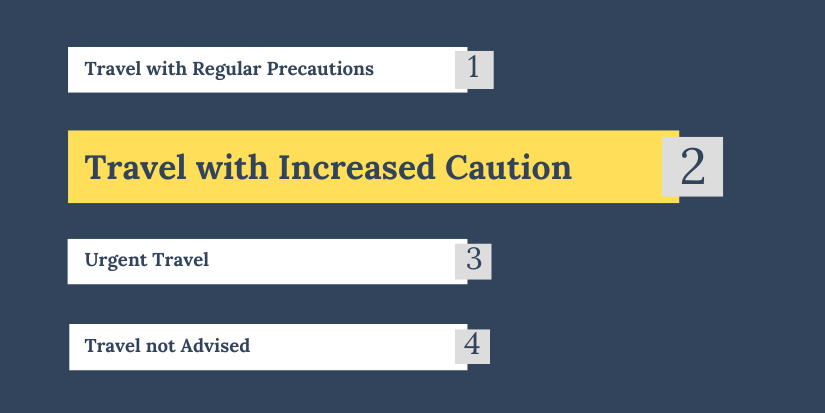
VISA REGIME
For holders of national passports and other travel documents: Visa required
For holders of diplomatic and official passports: No visas required for visits up to 90 days within period of 180 days
Note: Visa is required for a holder of a travel document in transit
ENTERING AND LEAVING THE COUNTRY
Holders of diplomatic and official passports do not need visas for visits up to 90 days within period of 180 days. Holders of national passports need a visa which can be obtained at the diplomatic and consular missions of Jordan or at border crossings. A visa is required for holders of an emergency travel document in transit. The validity period of the passport for tourist travel must be at least 6 months from the time of entry into the country.
More information regarding traveling to Jordan, can be obtained on following links:
https://www.gateway2jordan.gov.jo/index.html
https://international.visitjordan.com/page/4/visas-to-jordan.
SOCIAL SECURITY AGREEMENT
No social security agreement has been concluded.
USEFUL INFORMATION
HEALTH SITUATION — Healthcare is good. In addition to state hospitals, there is a large number of private surgeries and clinics. Healthcare services are more expensive than in Serbia, so having an international health insurance is recommended. It is obligatory to consume bottled drinking water. As far as food is concerned, there are no special restrictions, except that fruits and vegetables must be washed well with bottled water.
SECURITY SITUATION — Security situation in Jordan is generally stable, despite the fact that this country is located between Iraq and Syria. At the moment, citizens of the Republic of Serbia are not particularly endangered during their stay in this area. However, it is necessary to keep in mind that the situation may change practically overnight, depending on the events in the neighbouring countries. On the other hand, crime rates are generally lower than in the European countries.
TRANSPORT –— The largest international airport is in Amman. All major global airlines have flights to Amman, and Jordan's Royal Jordanian has flights to all major world destinations. There is also a number of low-cost companies that fly to major European cities. The Jordanian port of Aqaba is located on the Red Sea. The passenger railway network in the region is poorly developed. Transportation between cities is conducted mainly by coaches. The basic means of city public transport are buses, minibuses and taxis. Timetable is not respected, the buses leave when they are full. The taxi service is well organised, and taxi drivers generally do not use taximeters, so one should negotiate the fare price in advance. The road network in the region is quite extensive and the roads are generally good, although there are very few motorways.
An international driver's licence is required to drive a vehicle. Using vehicles which run on diesel fuel is not recommended due to poor fuel quality.
OTHER INFORMATION — The national currency is the Jordanian dinar (JOD), foreign currency exchange rates: 1 JOD = 1,41 USD and 1 JOD = 1,33 EUR.The use of payment cards is limited.
Bargaining when shopping (especially in souks or bazaars) is part of the local culture.
Since this is an Islamic country, the general rules that apply throughout the Muslim world should be respected. This primarily applies to women's clothing.
Contact information:
During your stay in the Hashemite Kingdom of Jordan, for consular assistance and protection you may contact the Embassy of the Republic of Serbia in Damascus, Syria, which covers the Hashemite Kingdom of Jordan on a non-residential basis, at the following telephone numbers: + 96311 / 612-06-82, + 96311 / 512-06-83, Fax: + 963 11 612-06-84 email: srb.emb.syria@mfa.rs .
